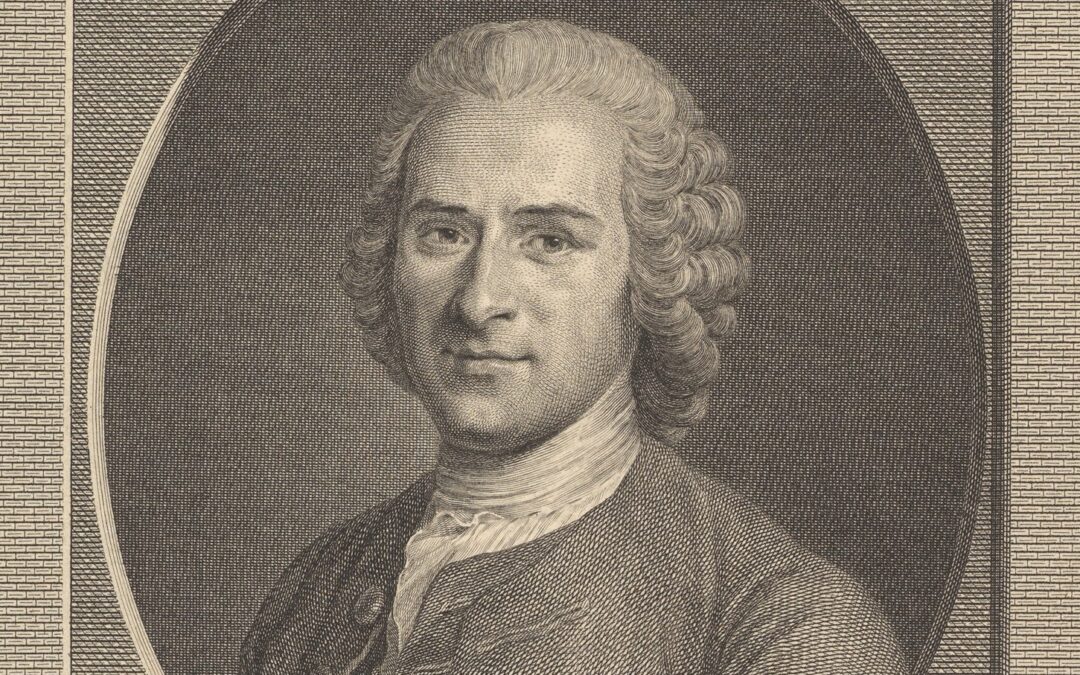Jean-Jacques Rousseau (1712-1778) was a Swiss philosopher, writer, and composer who is widely regarded as one of the most important thinkers of the Enlightenment. Rousseau’s writings on politics, education, and human nature continue to be studied and debated today.
Born in Geneva, Switzerland, Rousseau was largely self-educated and began his career as a music copyist and engraver. He later worked as a tutor and writer, producing works on music theory and education. In 1750, Rousseau won a prize from the Academy of Dijon for his Discourse on the Arts and Sciences, which argued that civilization and the arts had corrupted human morality and natural goodness.
Rousseau’s most influential works include The Social Contract (1762), which presents a theory of government based on the idea of the “general will,” and Emile, or On Education (1762), which argues that education should be natural and based on the needs of the individual child. Rousseau’s ideas on education and childhood development continue to be influential in the field of education.
Rousseau’s personal life was often tumultuous, and he had a number of romantic relationships and children out of wedlock. His political views were also controversial, and he was often criticized for his idealism and lack of concrete proposals for political reform.
Positive Assessment
Rousseau’s ideas have had a profound impact on Western thought and culture. He has been praised for his contributions to political philosophy, education, and music theory, among other fields. Some scholars have praised his emphasis on individual freedom and natural education, which they argue have had a lasting impact on modern educational theory (Greene, 2012). Rousseau’s theories of popular sovereignty and the “general will” have also been influential in the development of democratic theory and practice.
Negative Assessment
Despite his many contributions to philosophy and culture, Rousseau’s ideas have also been criticized for their potential to be used to justify authoritarianism and totalitarianism. Some scholars have argued that his theory of the “general will” is too vague and can be easily manipulated by the state to justify any action, regardless of whether it is in the interest of the people (Carrithers, 2015). Others have criticized Rousseau’s lack of concrete proposals for political reform, arguing that his ideas are too idealistic and do not take into account the complexities of human nature and society (Kraynak, 2010).
Quotes
On Education:
- “The first education should be directed to the body, in order to render it healthy and robust, capable of the physical exercises which one must always make it undergo for the sake of the mind.” (Emile, or On Education, Book I, Chapter 7)
- “We are born weak, we need strength; helpless, we need aid; foolish, we need reason.” (Emile, or On Education, Book II, Chapter 1)
On Human Nature:
- “Man is born free, and everywhere he is in chains.” (The Social Contract, Book I, Chapter 1)
- “The first man who, having fenced in a piece of land, said ‘This is mine,’ and found people naive enough to believe him, that man was the true founder of civil society.” (The Social Contract, Book I, Chapter 2)
On Politics:
- “The general will is always in the right.” (The Social Contract, Book II, Chapter 3)
- “Government in itself is a sacred right and one that cannot be renounced.” (The Social Contract, Book I, Chapter 6)
